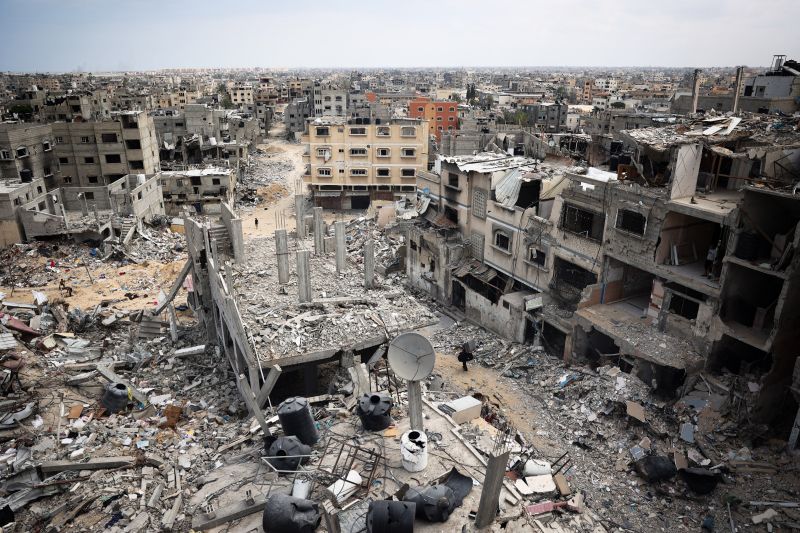Israel and Hamas have engaged in decades of bloody conflict, and despite frequent international interventions, there has been little progress towards a peaceful resolution. Currently, the spotlight is on the ongoing ceasefire and hostage talks, with neither side showing signs of conceding, fostering a climate of continual blame trading.
Israel and Hamas have long-standing disagreements, rooted in political, territorial, and religious issues. The recent surge of violence in the region has refocused international attention on the conflict, prompting the initiation of new rounds of ceasefire and hostage talks. These discussions, intended to foster peace, have unfortunately transformed into another platform where both parties continue to shift blame onto one another.
On the one hand, the Israeli government accuses Hamas of causing unrest due to their aggressive policies, including firing rockets into Israeli territory endangering the lives of civilians. They also hold Hamas responsible for the abduction of Israeli soldiers, a key concern in the hostage talks. Israel insists that its actions are merely reactions elicited by Hamas’ provocation, with the purpose of protecting its sovereignty and citizens.
Contrarily, Hamas makes the case that Israel’s relentless blockade on the Gaza strip, home to millions of Palestinians, and the aggressive settlement activities in the West Bank, have pushed them to the point of revolt. Equally, they view the capturing of Israeli soldiers as a necessity to negotiate the release of Palestinians incarcerated in Israeli prisons.
The international community, acting as mediary, finds the blame trading highly unproductive and impedes the progression of peace talks. It is essential that both sides accept their respective responsibilities to establish a honest dialogue conducive to finding solutions.
For instance, Israel’s insistence on maintaining a tight blockade on Gaza has led to worsening living conditions for Palestinians which can foster resentment and violence. Addressing this issue could diminish Hamas’ reason for launching rockets into Israel, leading to an easing of tensions.
Likewise, Hamas’s actions, such as firing rockets into Israel and kidnapping its soldiers, prolongs the conflict and obstructs dialogue for peace. Should Hamas decide to halt these activities, it would encourage Israel to soften its stance, possibly resulting in a reduction of the blockade and providing an opening for dialogue.
The ceasefire and hostage exchange talks provide an excellent opportunity for a meaningful breakthrough in the Israeli-Hamas conflict. However, the persistent blame game between the two sides does little to help foster peace. For any significant progress to be made, both sides must stop deflecting blame and instead address the issues at hand openly and honestly.
In retrospect, the tone and structure of the ongoing ceasefire and hostage talks should aim to be solution-oriented, encouraging actions that promote peace rather than blame shifting. The international community should persist in facilitating these talks, inspiring both sides to look beyond blame and focus on compassionate and meaningful solutions to this enduring conflict. Only then can the cycle of hostility and retaliation be broken, paving the way towards sustainable peace in the region.




